Attention-Deficit/Hyperactivity Disorder (ADHD) is a neurodevelopmental condition that affects millions of people worldwide, impacting their ability to focus, manage time, and complete tasks efficiently. In this article, we will discuss ADHD symptoms, causes, diagnosis, treatment options, and ways to manage ADHD for improved productivity and daily functioning.
What is ADHD?
ADHD is characterized by persistent patterns of inattention, hyperactivity, and impulsivity. It can affect children, adolescents, and adults, often interfering with school, work, and social interactions. Though its exact causes remain uncertain, ADHD is understood to involve genetic, neurological, and environmental factors.
Key ADHD Symptoms
- Inattention – Difficulty sustaining focus, careless mistakes, forgetfulness.
- Hyperactivity – Fidgeting, restlessness, an urge to move or talk excessively.
- Impulsivity – Hasty actions without considering consequences, interrupting others.
ADHD Causes: What Leads to ADHD?
Understanding the causes of ADHD is essential for developing effective treatment strategies. Research indicates several possible contributing factors:
- Genetics – Family history often plays a strong role in ADHD development.
- Brain Structure and Function – Differences in brain regions that control attention and behavior.
- Environmental Factors – Exposure to toxins, prenatal risks, and lifestyle may also contribute.
Environmental ADHD Triggers
- Lead Exposure – Some studies suggest that childhood exposure to lead may be linked to ADHD.
- Prenatal Health – Low birth weight, premature delivery, and maternal drug use may increase the risk of ADHD in children.
Recognizing ADHD Signs and Symptoms
ADHD symptoms can vary greatly among individuals. Here are some of the common signs:
- Inability to Focus – Easily distracted, frequently shifts between tasks.
- Forgetfulness – Frequently misplaces items, forgets daily responsibilities.
- Impulsivity – Acts without thinking, prone to interruptions.
- Hyperactivity – Excessive movement, feeling restless or unable to sit still.
ADHD in Children vs. Adults
ADHD presents differently in children and adults. For example, children may show more overt hyperactivity, whereas adults often struggle with organization, procrastination, and time management.
ADHD Diagnosis: Steps and Procedures
Getting an ADHD diagnosis can be a pivotal step for managing symptoms effectively. Typically, diagnosis includes:
- Medical History – Family history and symptoms check.
- Behavioral Questionnaires – Standardized questionnaires for both adults and children.
- Clinical Assessment – Assessment by a mental health professional or a physician specializing in ADHD.
ADHD Tests and Assessments
There is no single test for ADHD, but assessments may include interviews, psychological tests, and observational evaluations. Diagnosis is usually confirmed if symptoms have persisted for six months or more, impacting daily life.
ADHD Treatment: Effective Options and Strategies
Treatment for ADHD is often a combination of medications, therapy, and lifestyle changes. Let’s discuss these in more detail.
Medication Options
- Stimulant Medications – Common medications like Adderall and Ritalin help improve focus.
- Non-Stimulant Medications – Options like Strattera and antidepressants for those who cannot use stimulants.
Therapy Approaches
- Behavioral Therapy – Techniques for behavior modification and habit building.
- Cognitive Behavioral Therapy (CBT) – Addresses cognitive processes, especially beneficial for managing impulsivity.
- Family Therapy – Supports family members in understanding and helping manage symptoms.
Alternative Treatments
- Dietary Interventions – Research suggests that certain dietary adjustments may benefit some individuals with ADHD.
- Mindfulness and Meditation – Helps individuals focus and reduce impulsivity.
- Exercise – Physical activity is often recommended for improving focus and reducing ADHD symptoms.
ADHD and Productivity: Practical Tips
ADHD often impacts productivity in both work and personal life. Here are some strategies to enhance focus and productivity:
- Set Clear Goals – Break down tasks into smaller, manageable steps.
- Use Reminders and Alarms – To avoid missing deadlines.
- Establish Routines – Helps with maintaining consistency.
- Reduce Distractions – Work in environments with minimal noise and interruptions.
Tools for Managing ADHD
- Digital Planners and Apps – Calendar apps and task managers can help stay organized.
- Physical Organizers – Desk organizers and whiteboards for visual reminders.
Here’s an expanded article with additional sections on ADHD, covering strategies, advanced treatment methods, the importance of family support, and more detail on lifestyle adjustments for managing ADHD.
Advanced ADHD Treatments: Innovative and Emerging Options
Traditional ADHD treatments are highly effective, but new advancements offer additional methods that might benefit individuals who don’t respond as well to standard approaches.
Neurofeedback Therapy
- How it Works: Neurofeedback uses real-time monitoring of brain activity to help patients understand and regulate their brainwaves. It involves training the brain to sustain attention better over time.
- Effectiveness: Research shows that neurofeedback may improve focus, reduce impulsivity, and even enhance working memory for some individuals with ADHD.
Genetic Testing and Personalized Medication
With advances in pharmacogenomics, doctors can now consider a patient’s genetic makeup to predict which medications will work best with the fewest side effects.
- Benefits: Personalized medication plans can lead to faster relief from ADHD symptoms and reduce the trial-and-error phase often experienced with traditional medications.
Family and Community Support in ADHD Management
Support from family, friends, and community resources can make a significant difference in managing ADHD.
Building a Supportive Environment
- Family Education: Family members educated about ADHD are better equipped to support loved ones effectively. Understanding ADHD behaviors helps prevent conflicts and misunderstandings.
- Social Support Groups: Joining ADHD support groups can reduce feelings of isolation for both individuals with ADHD and their families. They provide a safe space to discuss challenges and share coping strategies.
Role of Schools and Workplaces
ADHD can present challenges in educational and work settings, but supportive environments can promote success.
- Individualized Education Plans (IEPs): For children with ADHD, schools often provide IEPs to accommodate their learning needs, such as extended test times and quieter workspaces.
- Workplace Accommodations: For adults with ADHD, workplace accommodations such as flexible hours, noise-canceling headphones, or clear task assignments can significantly enhance productivity.
Lifestyle Adjustments and Daily Habits
In addition to therapy and medication, certain lifestyle choices can improve focus, energy, and mood. These adjustments can help create a routine and enhance daily productivity.
Diet and Nutrition
- Protein-Rich Foods: A protein-rich diet can improve concentration and decrease hyperactivity. Foods like eggs, nuts, and lean meats are helpful for sustaining energy levels.
- Omega-3 Fatty Acids: Omega-3s, found in fish like salmon or supplements, have been shown to help reduce symptoms in some individuals with ADHD.
Exercise and Physical Activity
Regular exercise has been found to be one of the most effective natural remedies for ADHD.
- Impact on Focus: Physical activity boosts dopamine and norepinephrine, two chemicals that aid in focus and attention.
- Types of Exercise: Both aerobic exercise (like running and swimming) and yoga are beneficial for ADHD, as they help improve body awareness, reduce restlessness, and improve mood.
Sleep and ADHD
People with ADHD often struggle with sleep issues, which can exacerbate symptoms. Prioritizing good sleep hygiene is essential.
- Establish a Routine: Going to bed and waking up at the same time every day can help regulate sleep.
- Limit Stimulants: Reducing caffeine intake in the afternoon and avoiding screens an hour before bedtime can improve sleep quality.
Managing ADHD and Improving Productivity: Long-Term Strategies
Building long-term habits for focus and organization can greatly enhance productivity in people with ADHD. Here are several effective techniques:
Time-Blocking and Task Management
- Time-Blocking: This technique involves dedicating specific blocks of time to tasks, reducing the temptation to jump between them.
- Task Prioritization: Prioritize tasks based on urgency and importance, focusing on one or two major tasks each day.
Tools for Staying Organized
Using digital tools, planners, and simple checklists can help individuals with ADHD keep track of their daily responsibilities.
- Digital Reminders: Apps like Todoist or Google Calendar allow users to set reminders, establish deadlines, and monitor their progress.
- Checklists: Physical or digital checklists are helpful to track completed and pending tasks, giving a visual sense of accomplishment and motivating users to stay on track.
What are the main signs of ADHD?
The main symptoms of ADHD include inattention, hyperactivity, and impulsivity. Each of these symptoms can present differently based on the individual, age, and other factors.
Can ADHD develop in adults?
Though ADHD symptoms usually appear in childhood, some adults may not receive a diagnosis until later in life. These adults often struggle with organization, time management, and focus, leading them to seek diagnosis and treatment.
Are there any natural remedies for ADHD?
While natural remedies do not replace traditional treatments, some lifestyle changes—like regular exercise, a balanced diet, and mindfulness practices—may help manage symptoms.
How can I help a family member with ADHD?
Supportive actions include learning more about ADHD, practicing patience, encouraging healthy routines, and fostering an organized environment. Educating oneself about ADHD can be a powerful way to support a loved one.
ADHD is a complex and often misunderstood condition that impacts every facet of life, from focus and productivity to social interactions and self-esteem. However, with the right combination of treatments, lifestyle changes, and support systems, managing ADHD becomes significantly easier.
Whether through personalized medication, therapy, family involvement, or structured routines, individuals with ADHD can thrive, achieving both personal and professional success. As research advances, we can look forward to more refined treatments and strategies, allowing those affected by ADHD to lead more focused and fulfilling lives.
ADHD and Emotional Regulation: Understanding the Connection
ADHD not only impacts focus and attention but can also influence emotional regulation, leading to challenges in managing frustration, anger, and sadness. Addressing emotional regulation is essential, as it can help individuals better navigate personal relationships and social interactions.
ADHD and Emotional Sensitivity
- Emotional Reactivity: People with ADHD may experience heightened emotional responses, especially when faced with stress, criticism, or disappointment.
- Managing Emotional Outbursts: Therapy, particularly Cognitive Behavioral Therapy (CBT), can help individuals learn techniques to manage their emotional responses more effectively.
Strategies for Better Emotional Control
- Mindfulness Meditation: Practicing mindfulness helps individuals gain control over their reactions, allowing time for reflection before responding.
- Therapeutic Support: Working with a mental health professional can help address and understand emotional triggers, building resilience in high-stress situations.
The Role of Support Networks in ADHD Management
Support networks—including family, friends, educational institutions, and workplace allies—play a critical role in the long-term management of ADHD.
Family and Social Support
- Family Education and Understanding: Educating family members about ADHD helps them understand the condition and avoid negative responses that can exacerbate symptoms.
- Social Connections: Maintaining social interactions and building friendships can offer emotional support, reduce feelings of isolation, and provide a sense of belonging.
Work and School Support for ADHD
- Reasonable Accommodations: Many workplaces and schools offer accommodations that support productivity, such as flexible schedules, private workspaces, and modified assignments.
- Open Communication: For adults with ADHD, openly communicating with supervisors or educators can create a more understanding and supportive environment.
ADHD in Women and Girls: Unique Challenges and Considerations
ADHD is often underdiagnosed in women and girls, partly due to the misconception that it primarily affects boys. Symptoms may also manifest differently in females, with less hyperactivity and more issues related to inattentiveness and emotional regulation.
Unique ADHD Symptoms in Women and Girls
- Inattentive ADHD: Women with ADHD may be more prone to “daydreaming” rather than displaying overt hyperactivity, making symptoms less obvious.
- Emotional Distress: Women with ADHD are more likely to struggle with self-esteem and feelings of inadequacy, often as a result of undiagnosed symptoms impacting their self-image over time.
Gender-Specific Treatment Considerations
- Hormonal Influences: Hormonal fluctuations during menstruation, pregnancy, and menopause can affect ADHD symptoms, requiring potential adjustments in treatment.
- Supportive Therapy Options: Women may benefit from therapy that addresses self-image, self-esteem, and coping mechanisms, empowering them to manage ADHD symptoms while maintaining a positive outlook.
ADHD and Self-Care: Building a Lifestyle That Supports Focus and Well-Being
Self-care practices are essential for individuals with ADHD. Fostering habits that promote mental clarity and physical health can improve day-to-day functioning.
Healthy Routines for ADHD Management
- Sleep Hygiene: Getting enough rest is essential, as sleep deprivation can worsen symptoms like inattention and impulsivity.
- Balanced Nutrition: A diet that includes sufficient protein, fiber, and omega-3 fatty acids may support brain health and mitigate symptoms.
- Physical Activity: Exercise is known to boost dopamine levels, helping with focus and mental clarity.
Organizational Tools and Techniques
- Color-Coding and Visual Aids: Use color-coding for tasks, folders, or calendar events to visually organize responsibilities.
- Decluttered Workspaces: A clean, organized workspace can help reduce distractions and improve focus.
Embracing ADHD Management for a Productive, Balanced Life
ADHD presents unique challenges but can be effectively managed through a combination of medication, therapy, lifestyle adjustments, and support systems. Awareness and education about ADHD—both for those with the condition and for those around them—can foster a more understanding and supportive environment. With personalized strategies and a focus on self-care, individuals with ADHD can harness their strengths, improve productivity, and lead fulfilling lives.
Certainly! Here is an additional in-depth section that further examines ADHD’s complexities, covering the dynamics of ADHD treatment, the connection between ADHD and productivity, and various ADHD management approaches. I’ll make sure each section utilizes the provided keywords organically within the context.
Exploring ADHD Treatment and Therapy Approaches
ADHD treatment is multi-faceted, focusing on reducing ADHD symptoms to improve daily functioning and productivity. The two primary categories of ADHD treatment are medication and behavioral therapy, though a holistic approach that includes lifestyle changes often provides the best results.
ADHD Medication: Types and Considerations
Medication is often a core component of ADHD treatment. There are two primary types of ADHD medication: stimulants and non-stimulants.
- Stimulants: Stimulant medications, such as methylphenidate and amphetamine-based drugs, are among the most commonly prescribed for ADHD. These medications work by increasing dopamine and norepinephrine levels in the brain, enhancing focus and reducing impulsive behavior.
- Non-Stimulants: For individuals who don’t respond well to stimulants, non-stimulant medications like atomoxetine may be prescribed. Non-stimulants generally have a slower onset but can be equally effective in managing ADHD symptoms.
Medication effectiveness varies among individuals. For some, ADHD medication can significantly improve focus issues and impulse control, leading to better productivity and a more organized approach to daily tasks.
ADHD Therapy and Behavioral Interventions
Beyond medication, therapy plays a pivotal role in ADHD treatment. Therapy focuses on helping individuals develop coping mechanisms to manage ADHD symptoms effectively.
- Cognitive Behavioral Therapy (CBT): CBT is a common therapy used for ADHD. It helps individuals identify and alter thought patterns that may contribute to ADHD symptoms, such as procrastination and impulsivity. CBT can also address underlying self-esteem issues and stress, which often accompany ADHD.
- Behavioral Therapy for Children with ADHD: Behavioral therapy, often used with children, involves parent training, reinforcement techniques, and reward systems to encourage positive behavior. This form of therapy provides tools to manage ADHD signs in a structured and supportive environment.
For adults with ADHD, therapy may also focus on improving organizational skills, setting personal goals, and developing routines that can reduce distractions and improve productivity.
ADHD Diagnosis and Understanding Causes
Understanding the diagnosis and causes of ADHD is essential for targeted treatment. ADHD diagnosis typically involves a combination of clinical interviews, behavioral assessments, and sometimes neuropsychological testing to differentiate ADHD from other conditions with similar symptoms.
ADHD Diagnosis Process
ADHD is diagnosed through a comprehensive evaluation that examines an individual’s symptoms across various settings (home, school, work) and takes into account how these symptoms impact daily life. For children, ADHD diagnosis often includes input from parents and teachers, while adults might be assessed through self-reports and clinical observation.
- ADHD Diagnosis in Children: In children, ADHD signs often include hyperactivity, impulsivity, and inattention. Diagnosis at an early stage can help parents and educators implement strategies to manage symptoms and support a child’s learning and development.
- ADHD Diagnosis in Adults: Adult ADHD diagnosis may focus on chronic issues with focus, time management, and organization. Symptoms like forgetfulness, difficulty with time perception, and distraction can impact career and personal life.
ADHD Causes: What We Know
While the exact causes of ADHD are not fully understood, research suggests that a combination of genetic, environmental, and neurological factors contributes to the development of ADHD.
- Genetic Factors: ADHD is highly heritable, meaning that it tends to run in families. Studies indicate that specific genes related to dopamine regulation may play a role in ADHD.
- Environmental Influences: Exposure to environmental stressors during pregnancy, such as alcohol, nicotine, and lead, may also increase the risk of developing ADHD.
- Neurological Basis: ADHD has been linked to differences in brain structure and function, particularly in areas that regulate attention, behavior, and impulse control.
Understanding these causes allows researchers and clinicians to refine ADHD treatment methods and create personalized ADHD therapy plans that address the root of each individual’s challenges.
The Impact of ADHD on Productivity and Focus Issues
ADHD significantly affects productivity, especially due to common focus issues that make staying on task challenging. ADHD and productivity are often seen as opposites; however, with the right tools and strategies, individuals with ADHD can learn to manage these challenges.
ADHD and Procrastination
Procrastination is one of the most commonly reported challenges among people with ADHD. Focus issues and impulsivity make it hard for individuals with ADHD to start or complete tasks, leading to a cycle of stress and decreased productivity.
- Breaking Tasks into Small Steps: One effective strategy is to break tasks into manageable steps. By focusing on one small task at a time, individuals with ADHD can reduce feelings of overwhelm and stay productive.
- Time Management Tools: Using timers or scheduling apps helps with staying on track. Techniques like the Pomodoro method—working for a set period, followed by a break—are particularly useful for those struggling with focus.
ADHD in the Workplace: Challenges and Solutions
In a work environment, ADHD signs can impact performance and job satisfaction. Common workplace issues include forgetfulness, difficulty prioritizing tasks, and managing time effectively. However, certain accommodations can help employees with ADHD improve productivity.
- Flexible Work Schedules: Some individuals with ADHD find that their productivity peaks at different times of the day. Flexible schedules allow them to work during their most productive hours.
- Physical Organization Techniques: Keeping a clutter-free desk, using visual reminders, and having a set place for essential items can help mitigate ADHD symptoms that affect focus and organization.
ADHD and Self-Management: Building a Balanced Life
Living with ADHD requires a proactive approach to self-management that incorporates structure, routines, and lifestyle adjustments. A well-rounded strategy is key to managing ADHD symptoms on a daily basis.
Diet and Nutrition for ADHD
Nutrition plays a crucial role in managing ADHD symptoms. Certain nutrients can help stabilize mood, improve focus, and reduce impulsivity.
- Protein-Rich Foods: Protein-rich foods, such as lean meats, beans, and nuts, are essential for maintaining stable energy levels throughout the day, reducing hyperactivity, and enhancing focus.
- Omega-3 Fatty Acids: Omega-3s are known to support brain health and may help reduce ADHD symptoms. Fatty fish like salmon, as well as supplements, can be beneficial additions to an ADHD-friendly diet.
Regular Exercise for ADHD
Exercise has been shown to boost dopamine and norepinephrine levels, which play a critical role in attention and focus.
- Aerobic Exercise: Activities such as running, swimming, or biking have been shown to improve mood and increase focus in individuals with ADHD.
- Yoga and Mindfulness Practices: Mind-body exercises like yoga and mindfulness can reduce stress and improve attention, making them valuable for managing ADHD symptoms.
Building Effective Routines
Establishing a routine helps provide structure, which can alleviate focus issues and support productivity for people with ADHD.
- Morning Routines: Starting the day with a consistent routine can set a positive tone, reduce forgetfulness, and make it easier to stay organized.
- Evening Preparation: Preparing for the next day by organizing essentials (like clothes, meals, and work items) can reduce stress and allow for a smoother transition in the morning.
Enhancing Self-Confidence and ADHD Management
Living with ADHD often affects self-confidence, as individuals may struggle with feeling different or facing challenges others do not experience. Building self-confidence is essential to navigating life with ADHD successfully.
- Recognizing Strengths: People with ADHD often possess unique strengths, such as creativity, problem-solving abilities, and enthusiasm. Embracing these qualities can shift the focus away from difficulties and foster a positive self-image.
- Setting Realistic Goals: Setting achievable goals and celebrating progress can help boost self-esteem. Small successes provide motivation and reduce feelings of frustration.
Social and Emotional Support Networks
Having a strong support system can be invaluable for individuals with ADHD. Family, friends, and support groups provide encouragement and help reduce feelings of isolation. Additionally, support networks often offer practical advice and coping strategies for managing ADHD symptoms.
- ADHD Support Groups: Joining an ADHD support group can provide a sense of community and a safe space to share experiences, discuss challenges, and explore solutions.
- Professional Counseling: Professional counseling offers a structured environment for individuals to explore emotional struggles related to ADHD, such as low self-esteem or difficulties in relationships.
With a combination of treatment, lifestyle adjustments, and the support of loved ones, individuals with ADHD can live balanced and fulfilling lives. Although ADHD presents unique challenges, effective management strategies empower individuals to achieve their goals and lead productive, satisfying lives.
FAQs About ADHD for Better Understanding
Q1: Can ADHD change over time?
Answer: Yes, ADHD symptoms can shift with age. While hyperactivity may decrease in adulthood, issues with attention, organization, and impulsivity can persist and may require ongoing support.
Q2: How do ADHD medications work?
Answer: ADHD medications, such as stimulants and non-stimulants, work by balancing neurotransmitters in the brain, especially dopamine and norepinephrine, which play a role in focus and impulse control.
Q3: Can people with ADHD succeed in high-stress careers?
Answer: Absolutely. With the right support systems, organizational tools, and self-management techniques, people with ADHD can thrive in various careers. Accommodations and understanding supervisors can also play a big role in their success.
Q4: Is ADHD related to creativity?
Answer: Many people with ADHD are known for creative thinking and innovative problem-solving. The ability to see connections and think outside the box can be an asset in fields that value creativity.
ADHD is a complex condition that affects attention, behavior, and productivity. However, with proper diagnosis, medication, and therapy, individuals with ADHD can manage their symptoms and lead productive lives. Understanding ADHD and utilizing the right resources can empower both individuals and families to create supportive and structured environments that improve quality of life.

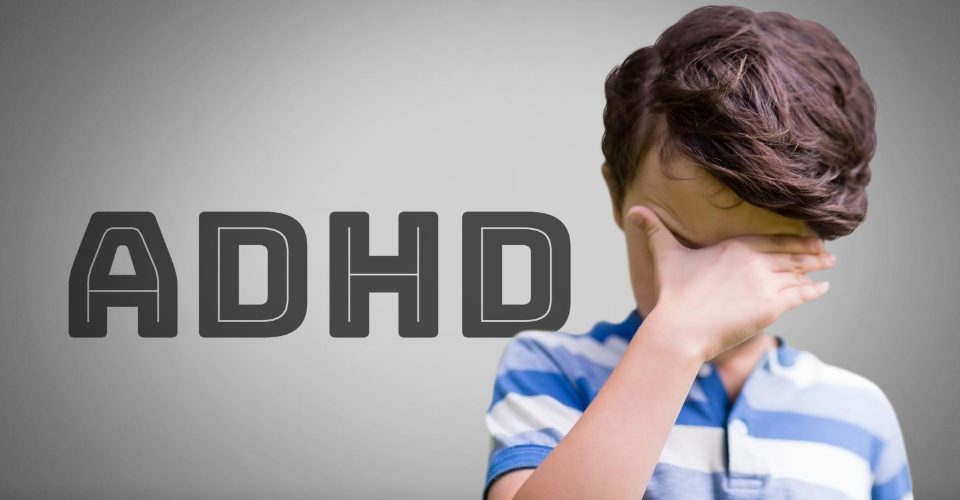



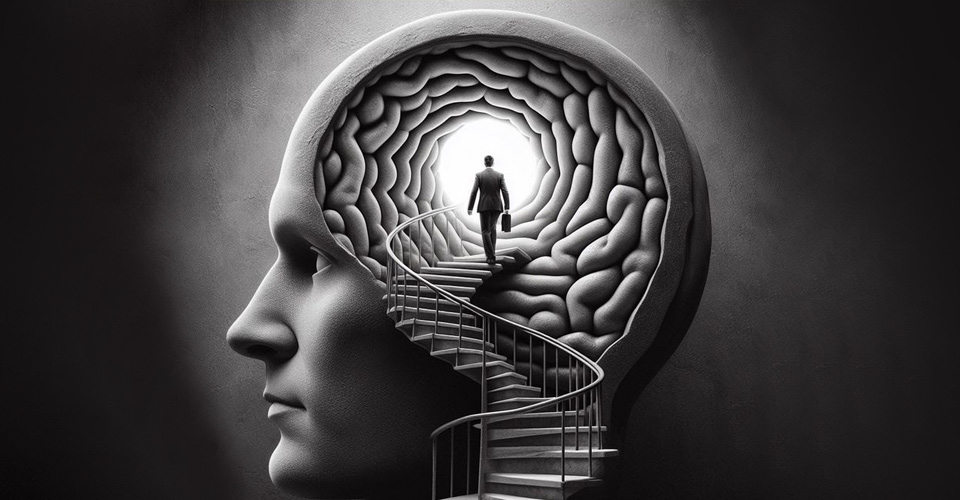

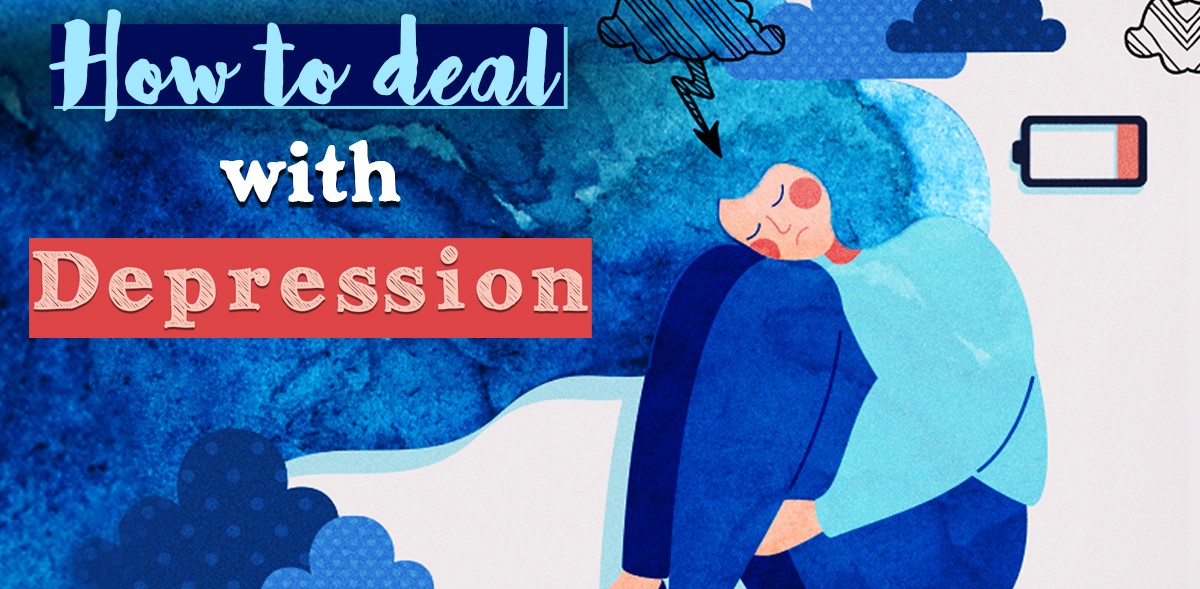
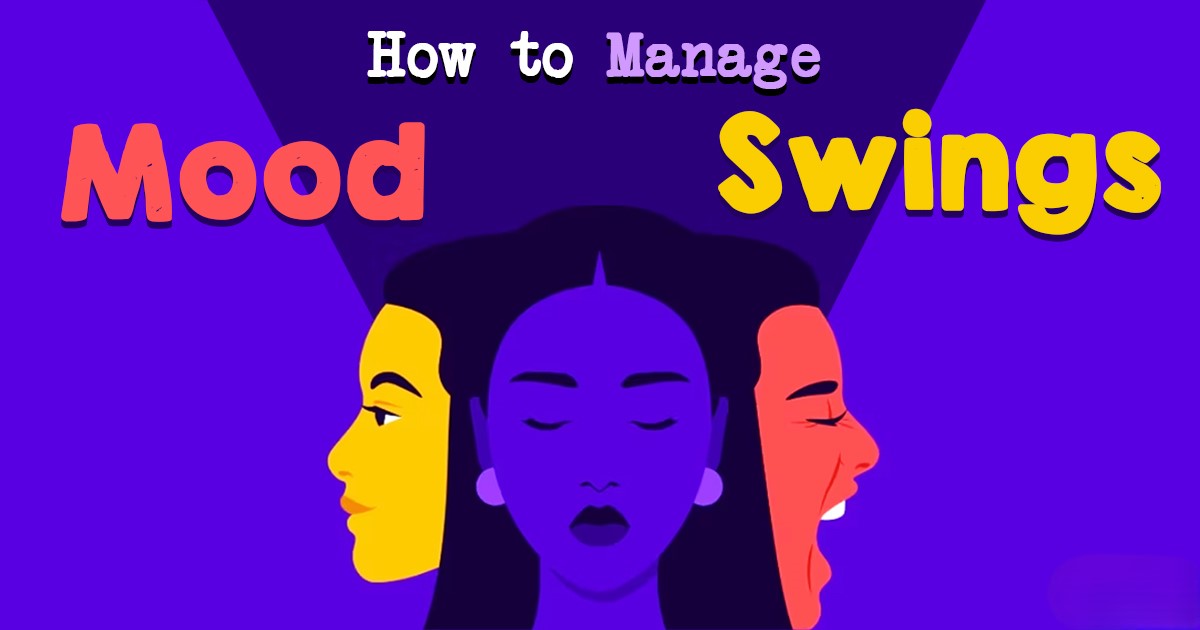
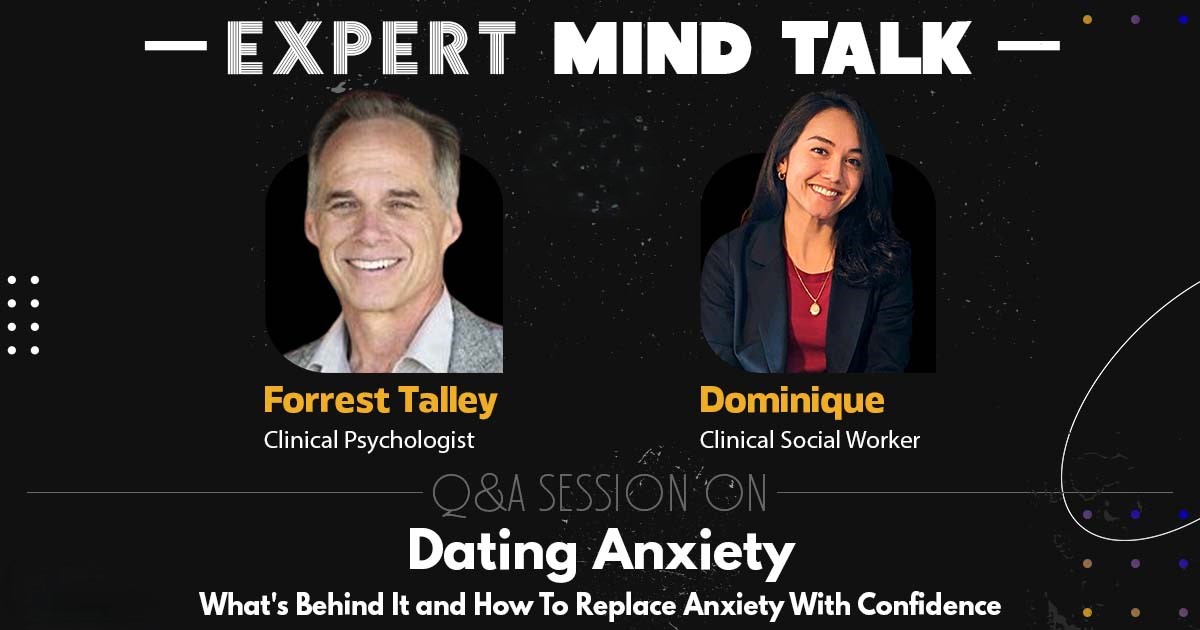
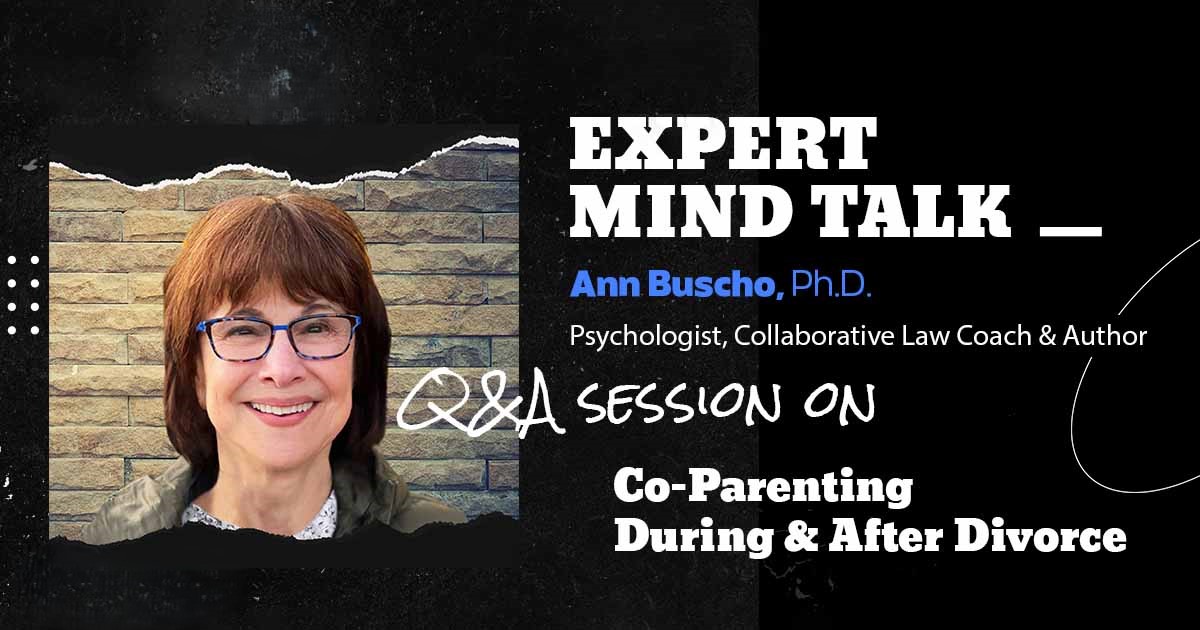


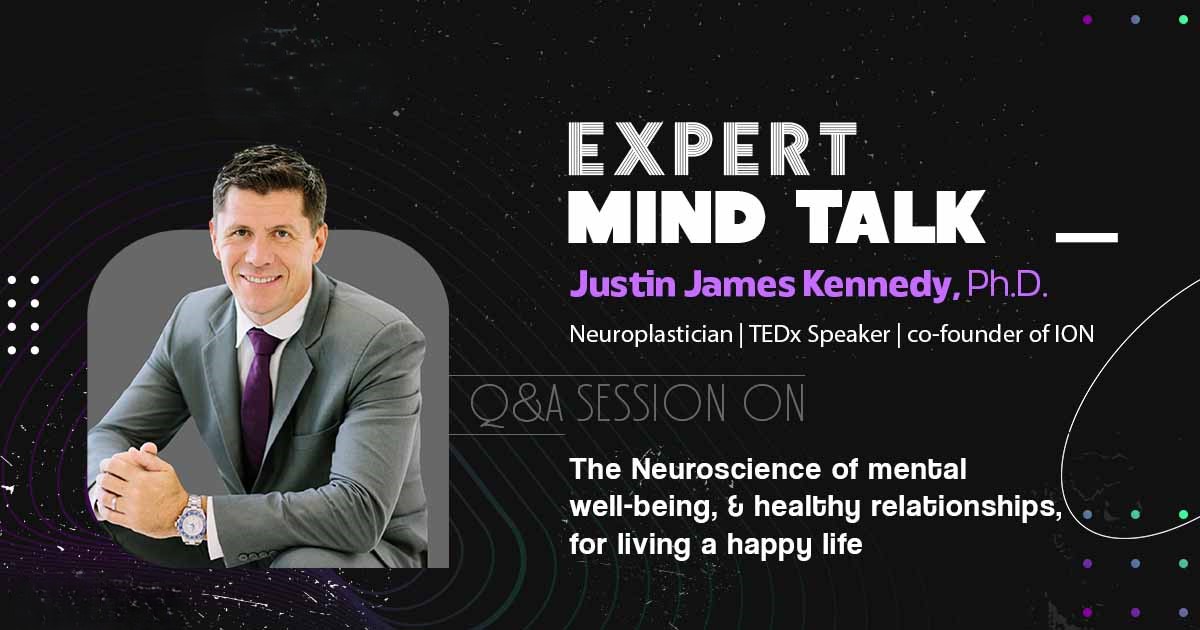



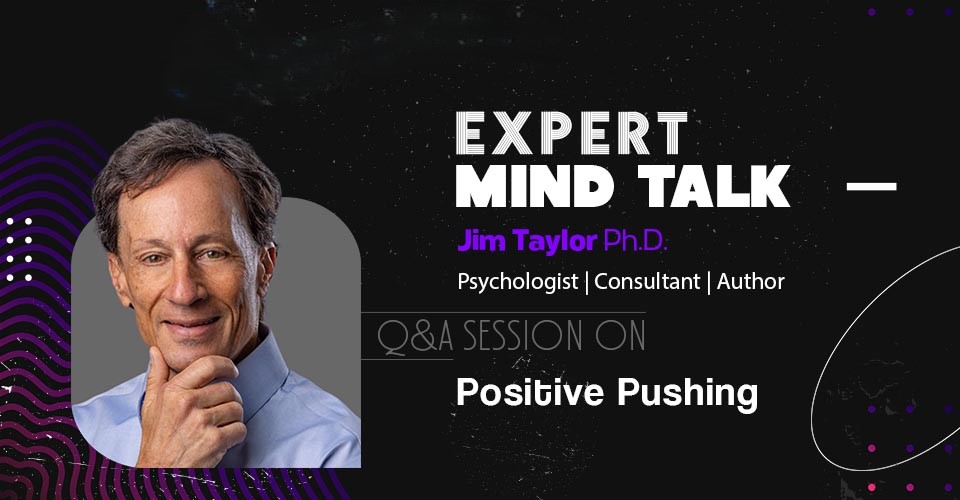



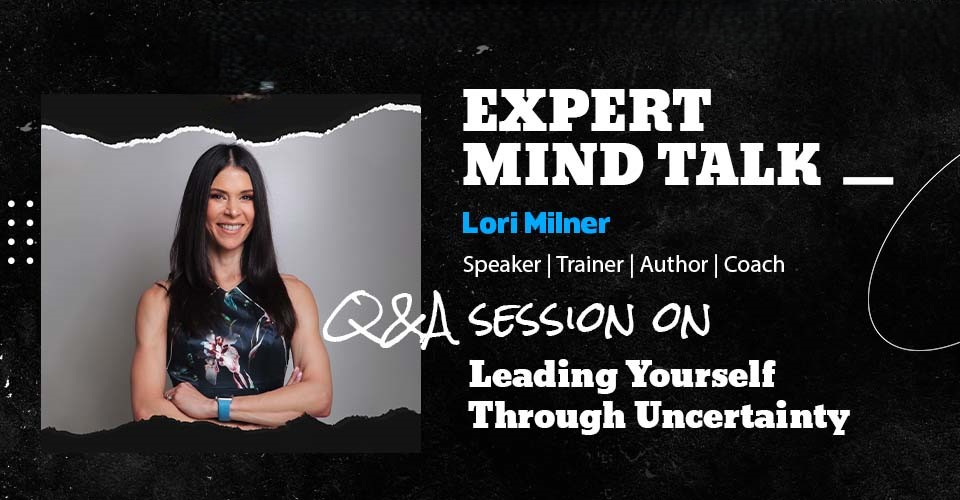
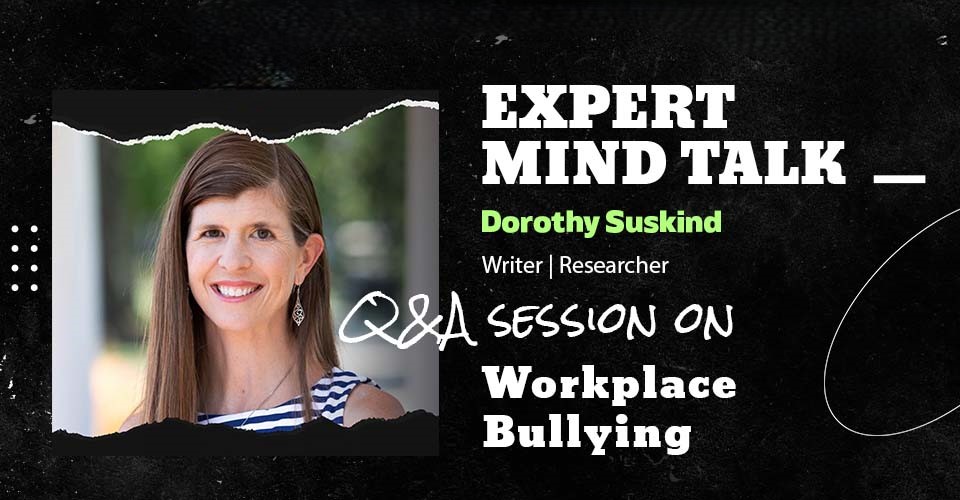



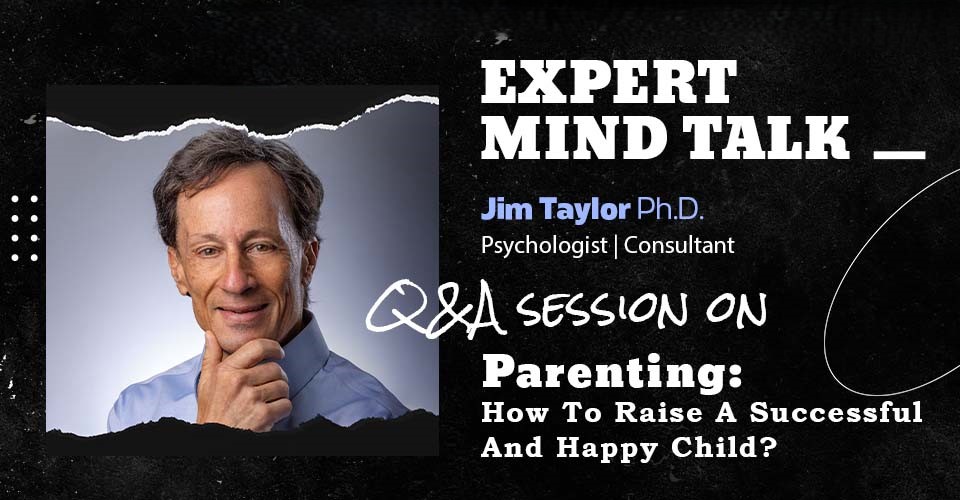
Leave a Reply
You must be logged in to post a comment.